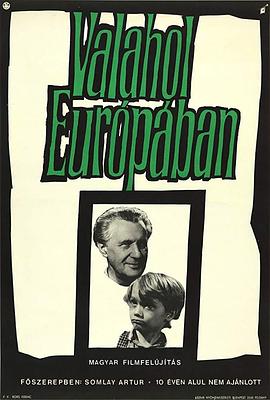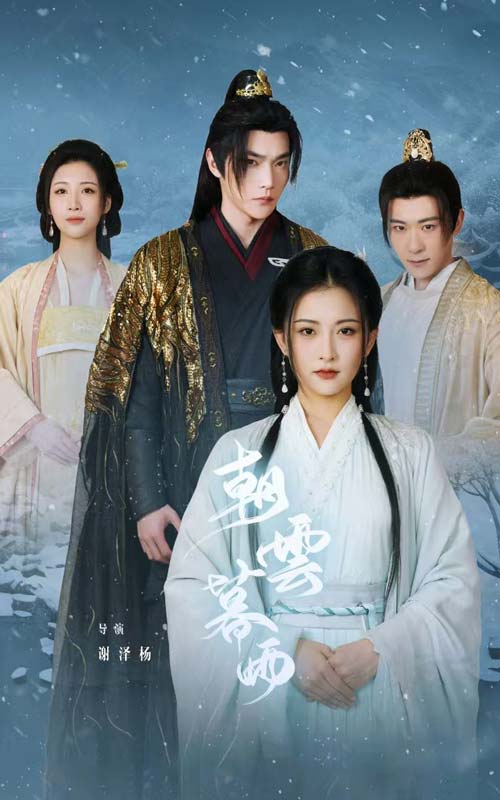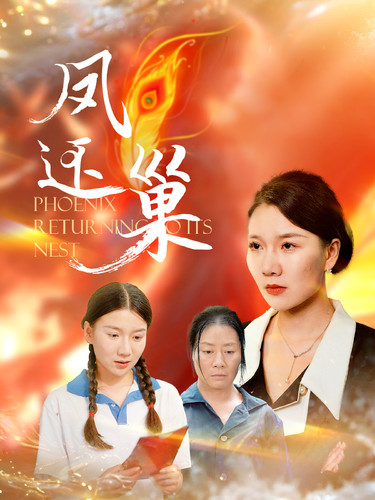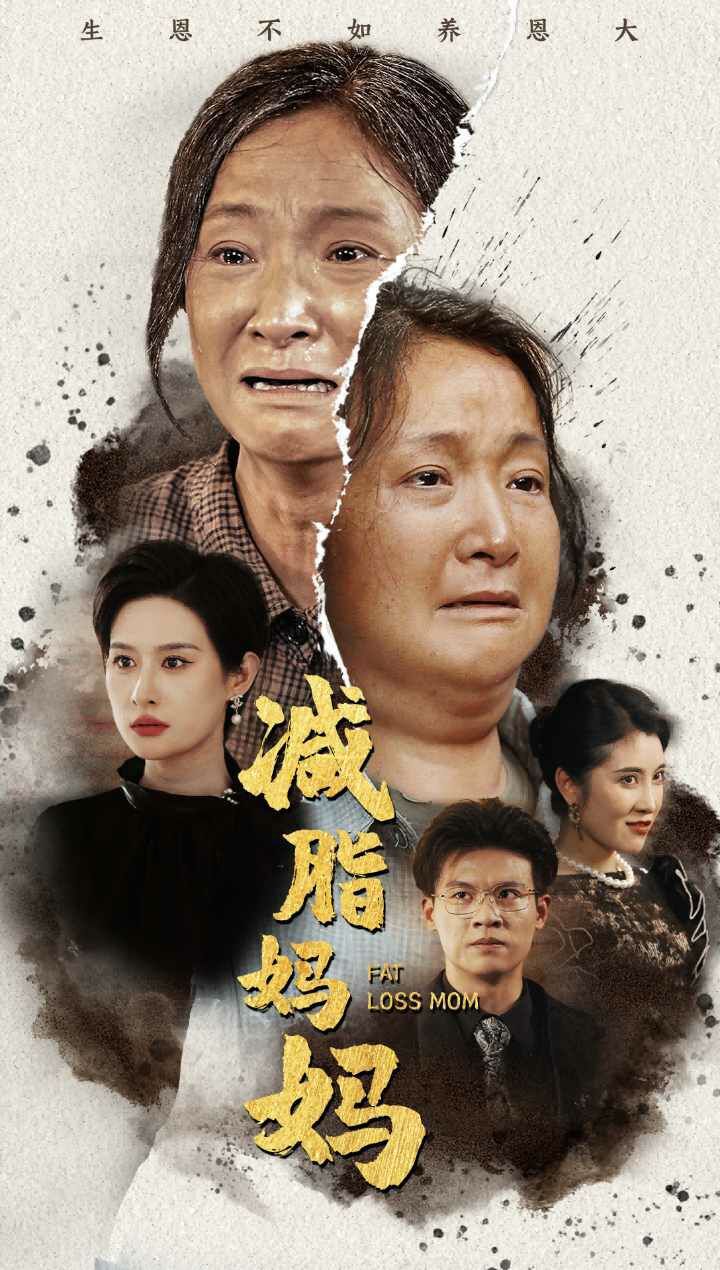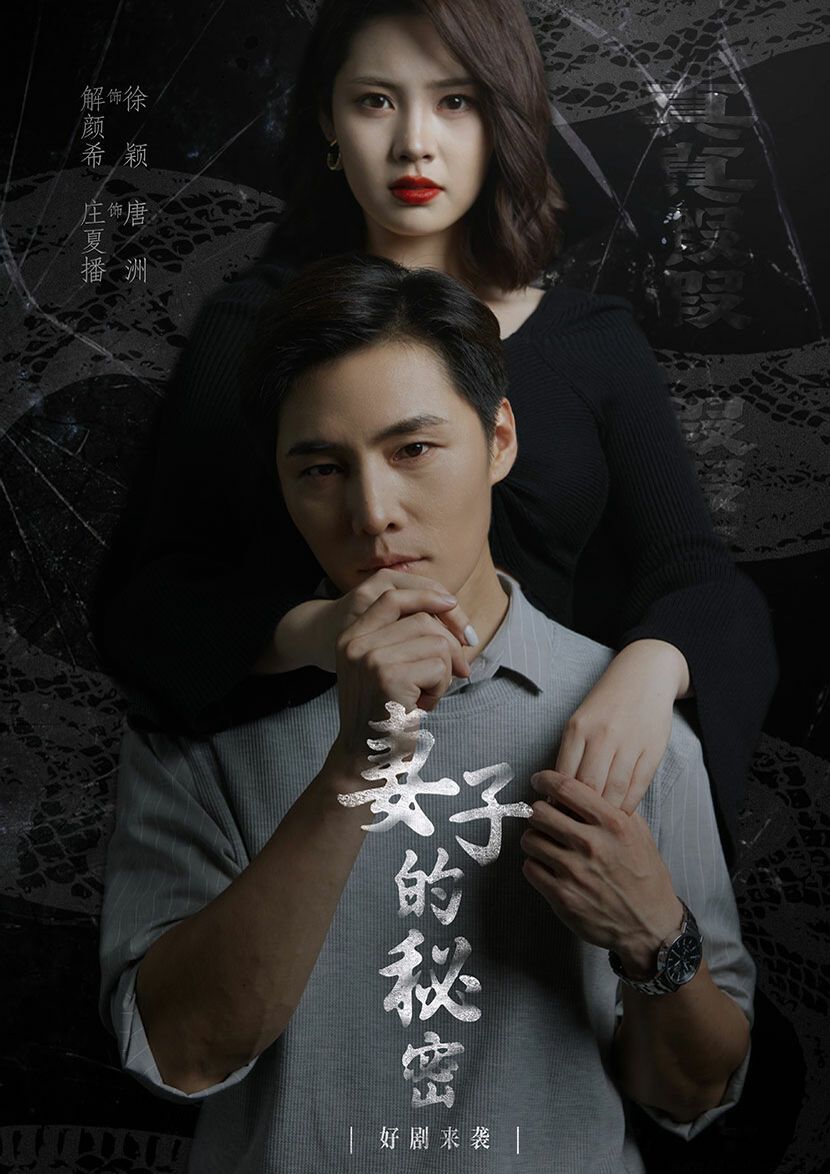导演:
Radványi Géza
主演:
Artúr Somlay Miklós Gábor Zsuzsa Bánki
状态:
HD中字
剧情:
Somewhere in the remote region, the war ends. In the midst of ruined cities and houses in the streets, in rural hamlets, everywhere where people still live, are children who have lost their homes and parents. Abandoned, hungry, and in rags, defenseless and humiliated, they wander through the world. Hunger drives them. Little streams of orphans merge into a river which rushes forward and submerges everything in its path. The children do not know any feeling; they know only the world of their enemies. They fight, steal, struggle for a mouthful of food, and violence is merely a means to get it. A gang led by Cahoun finds a refuge in an abandoned castle and encounters an old composer who has voluntarily retired into solitude from a world of hatred, treason, and crime. How can they find a common ground, how can they become mutual friends The castle becomes their hiding place but possibly it will also be their first home which they may organize and must defend. But even for this, the price will be very high. To this simple story, the journalist, writer, poet, scriptwriter, movie director, and film theoretician Béla Balázs applied many years of experience. He and the director Géza Radványi created a work which opened a new postwar chapter in Hungarian film. Surprisingly, this film has not lost any of its impact over the years, especially on a profound philosophical level. That is to say, it is not merely a movie about war; it is not important in what location and in what period of time it takes place. It is a story outside of time about the joyless fate of children who pay dearly for the cruel war games of adults. At the time it was premiered, the movie was enthusiastically received by the critics. The main roles were taken by streetwise boys of a children's group who created their roles improvisationally in close contact with a few professional actors, and in the children's acting their own fresh experience of war's turmoil appears to be reflected. At the same time, their performance fits admirably into the mosaic of a very complex movie language. Balázs's influence revealed itself, above all, in the introductory sequences an air raid on an amusement park, seen in a montage of dramatic situations evoking the last spasms of war, where, undoubtedly, we discern the influence of classical Soviet cinematography. Shooting, the boy's escape, the locomotive's wheels, the shadows of soldiers with submachine guns, the sound of a whistle—the images are linked together in abrupt sequences in which varying shots and expressive sharp sounds are emphasized. A perfectly planned screenplay avoided all elements of sentimentality, time-worn stereotypes of wronged children, romanticism and cheap simplification. The authors succeeded in bridging the perilous dramatic abyss of the metamorphosis of a children's community. Their telling of the story (the scene of pillaging, the assault on the castle, etc) independently introduced some neorealist elements which, at that time, were being propagated in Italy by De Sica, Rossellini, and other film artists. The rebukes of contemporary critics, who called attention to formalism for its own sake have been forgotten. The masterly art of cameraman Barnabás Hegyi gives vitality to the poetic images. His angle shots of the children, his composition of scenes in the castle interior, are a living document of the times, and underline the atmosphere and the characters of the protagonists. The success of the picture was also enhanced by the musical art of composer Dénes Buday who, in tense situations, inserted the theme of the Marseilaise into the movie's structure, as a motive of community unification, as an expression of friendship and the possibility of understanding. Valahol Europaban is the first significant postwar Hungarian film. It originated in a relaxed atmosphere, replete with joy and euphoria, and it includes these elements in order to demonstrate the strength of humanism, tolerance, and friendship. It represents a general condemnation of war anywhere in the world, in any form.
 1.0
正片
江口拓也 早见沙织 种崎敦美 松田健一郎 甲斐田裕子 佐仓绫音 吉野裕行 小野贤章 山路和弘 藤原夏海 加藤英美里 银河万丈 武内骏辅 中村伦也 贺来贤人
出色的间谍“黄昏”化身为心理医生劳埃德·福杰,与拥有“读心术”的超能力女孩阿尼亚、杀手约尔组成各怀秘密但意外温馨的“伪装家庭”,在共同经历笑料百出的家庭闹剧后,将踏上第一次“家庭旅行”。然而,在愉快的
1.0
正片
江口拓也 早见沙织 种崎敦美 松田健一郎 甲斐田裕子 佐仓绫音 吉野裕行 小野贤章 山路和弘 藤原夏海 加藤英美里 银河万丈 武内骏辅 中村伦也 贺来贤人
出色的间谍“黄昏”化身为心理医生劳埃德·福杰,与拥有“读心术”的超能力女孩阿尼亚、杀手约尔组成各怀秘密但意外温馨的“伪装家庭”,在共同经历笑料百出的家庭闹剧后,将踏上第一次“家庭旅行”。然而,在愉快的
 6.0
第1集
艾德里安·霍姆斯 阿基拉·阿克巴 吉米·耶肯博拉 贾巴里·班克斯 卡桑德拉·弗里曼 可可·琼斯 Jordan L. Jones Simone Joy Jones Vic Mensa Alycia Pascual-Pena 奥利·索罗坦 阿兹·泰思费 Robert Gatewood
暂无简介
6.0
第1集
艾德里安·霍姆斯 阿基拉·阿克巴 吉米·耶肯博拉 贾巴里·班克斯 卡桑德拉·弗里曼 可可·琼斯 Jordan L. Jones Simone Joy Jones Vic Mensa Alycia Pascual-Pena 奥利·索罗坦 阿兹·泰思费 Robert Gatewood
暂无简介
 2.0
高清版
江口拓也 早见沙织 种崎敦美 松田健一郎 甲斐田裕子 佐仓绫音 吉野裕行 小野贤章 山路和弘 藤原夏海 加藤英美里 银河万丈 武内骏辅 中村伦也 贺来贤人
出色的间谍“黄昏”化身为心理医生劳埃德·福杰,与拥有“读心术”的超能力女孩阿尼亚、杀手约尔组成各怀秘密但意外温馨的“伪装家庭”,在共同经历笑料百出的家庭闹剧后,将踏上第一次“家庭旅行”。然而,在愉快的
2.0
高清版
江口拓也 早见沙织 种崎敦美 松田健一郎 甲斐田裕子 佐仓绫音 吉野裕行 小野贤章 山路和弘 藤原夏海 加藤英美里 银河万丈 武内骏辅 中村伦也 贺来贤人
出色的间谍“黄昏”化身为心理医生劳埃德·福杰,与拥有“读心术”的超能力女孩阿尼亚、杀手约尔组成各怀秘密但意外温馨的“伪装家庭”,在共同经历笑料百出的家庭闹剧后,将踏上第一次“家庭旅行”。然而,在愉快的

